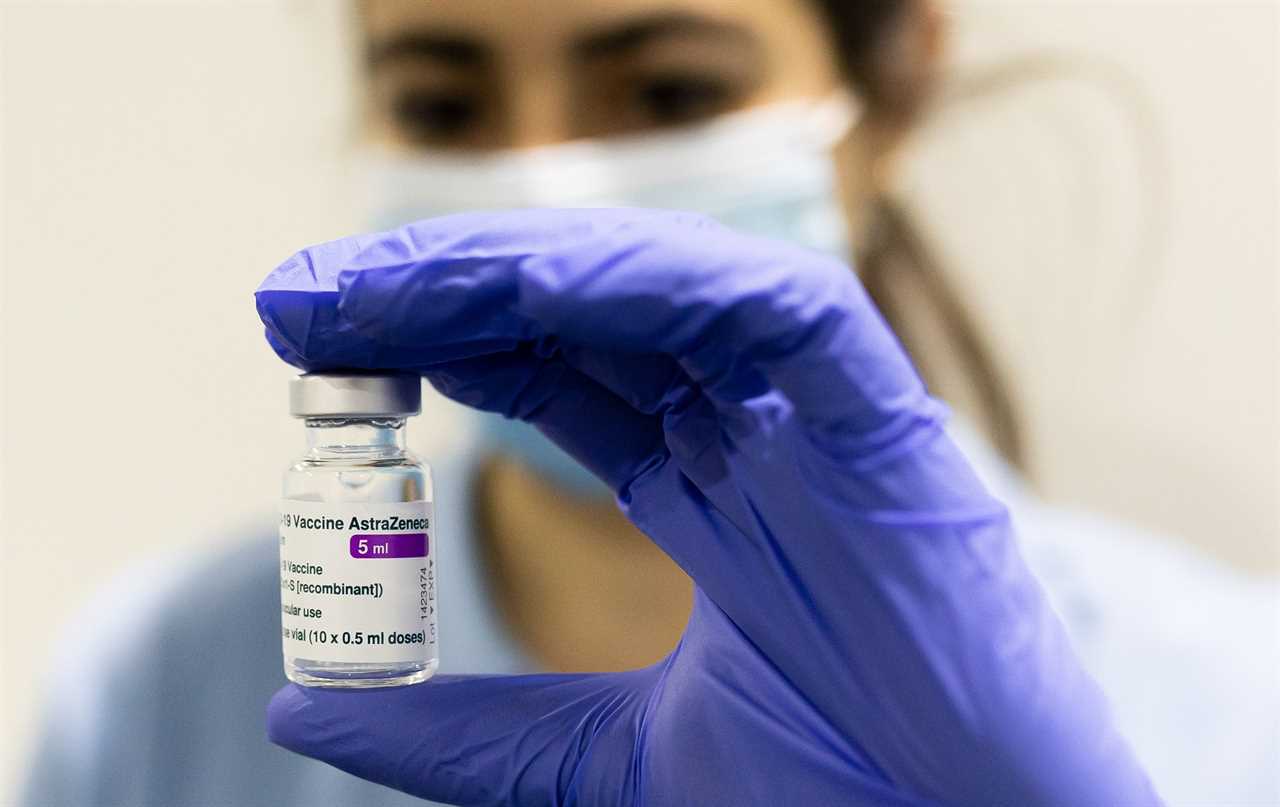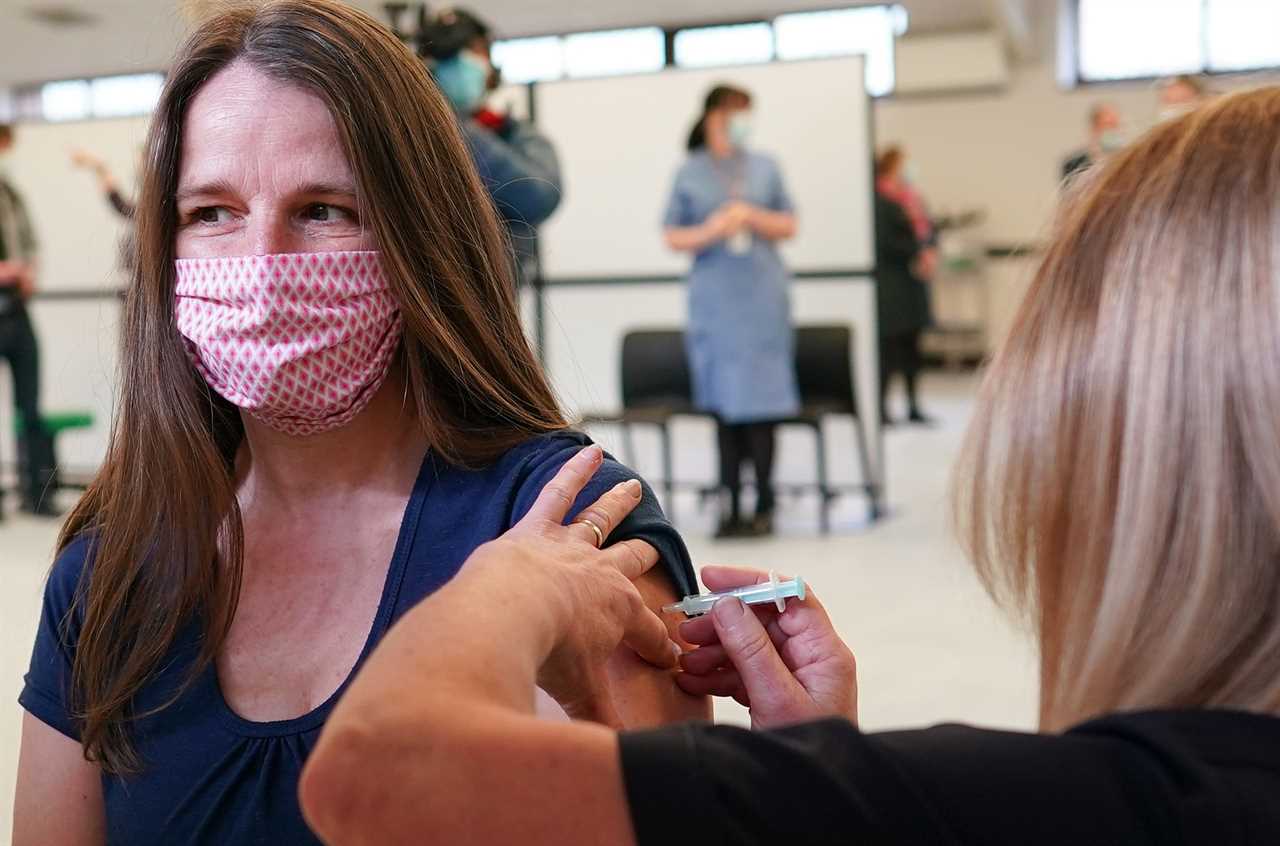SEVEN people have died from blood clots after taking the AstraZeneca vaccine in the UK – but regulators have insisted the jab is safe.
The medicines regulator confirmed that of the 18.1 million people given the vaccine, 30 had gone on to have blood clots and as of 24 March, seven of those had died.

Read our coronavirus live blog for the latest news & updates…


The Medicines and Healthcare Products Regulatory Agency said there is currently no evidence to suggest a causal link between blood clots and the vaccine, and that the benefits continue to outweigh any risk.
Investigations are under way to determine if there is a link or if the cases are a coincidence.
The MHRA’s chief executive, Dr June Raine, said: “The benefits of Covid-19 Vaccine AstraZeneca in preventing COVID-19 infection and its complications continue to outweigh any risks and the public should continue to get their vaccine when invited to do so.”
The MHRA said on Thursday there had been “22 reports of cerebral venous sinus thrombosis (CVST) and 8 reports of other thrombosis events with low platelets”.
One scientist has said there is growing evidence the occurrence the blood clots among people who have had the AstraZeneca coronavirus vaccine is “causally related”.
Professor Paul Hunter, a medical microbiologist at the University of East Anglia, told the BBC Radio 4 Today programme: “It is not uncommon to get clusters of rare events purely by chance.
“But, once you find that cluster in one population and it then crops up in another – such as previously in the German and now in the English – then I think the chances of that being a random association is very, very low.
“Clearly more work needs to be done, but I think the evidence is shifting more towards it being causally related at the moment.”
However he said that the risks of taking the AstraZenca vaccine were still far outweighed by the risks of not getting the jab.
“The chance of dying if you don’t have the vaccine is many times greater than the risk of dying from CVT (cerebral venous thrombosis) after the AstraZeneca vaccine, even if it does turn out, as I suspect it will, that this link is causal,” he said.
The British Society for Haematology has issued new guidance for doctors, amid concerns about a condition known as thrombocytopenia.
It involves patients who have low numbers of platelet cells, needed for clotting, in their blood.
The guidance states: “An expert team of our peers have recently been involved in diagnosing and managing a rare syndrome of thrombosis associated with low platelets which have been reported in a few cases.






